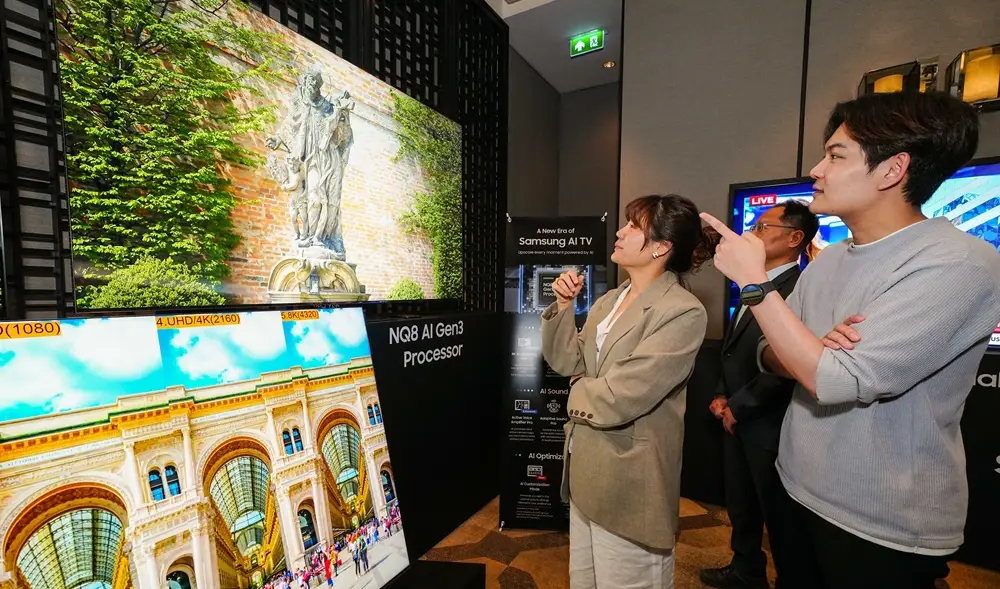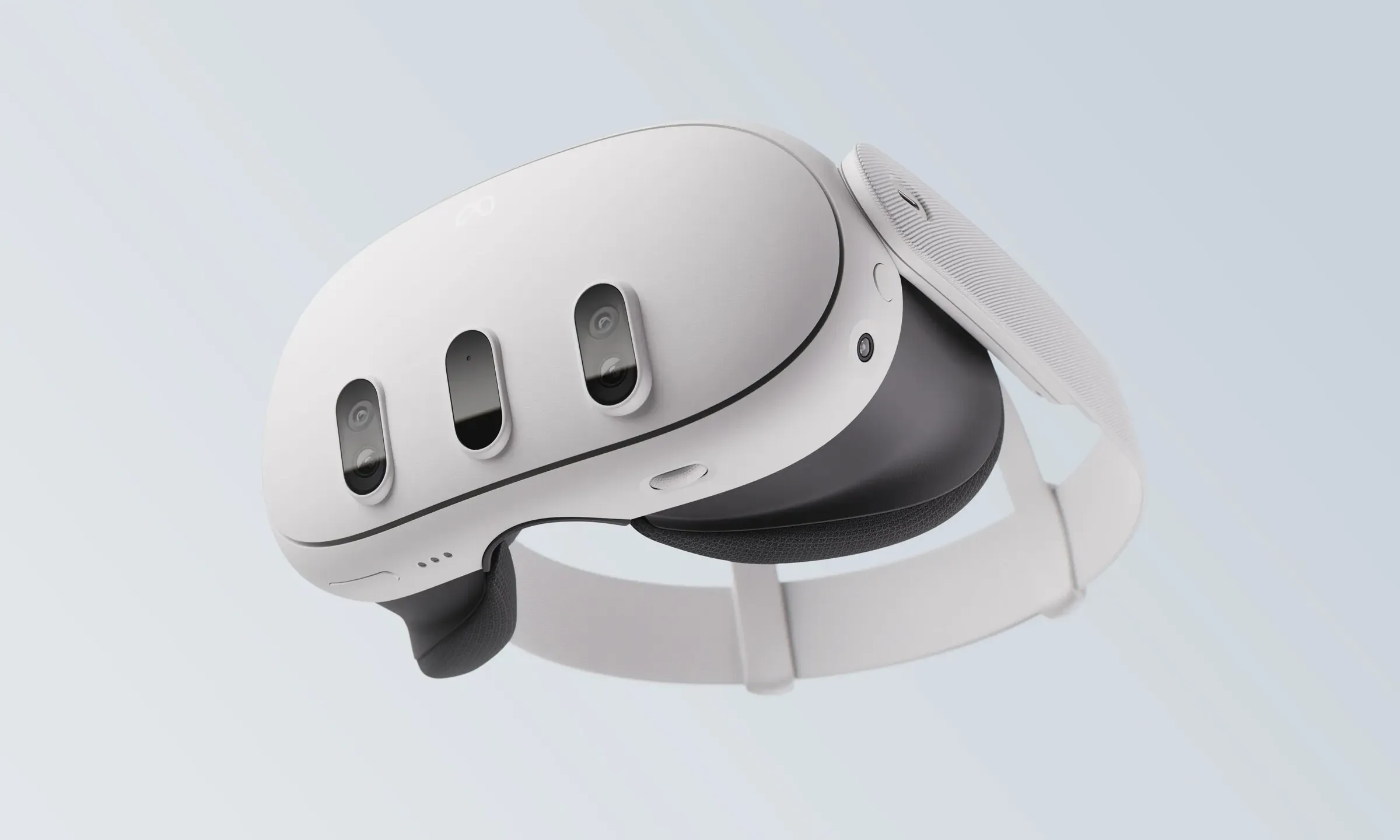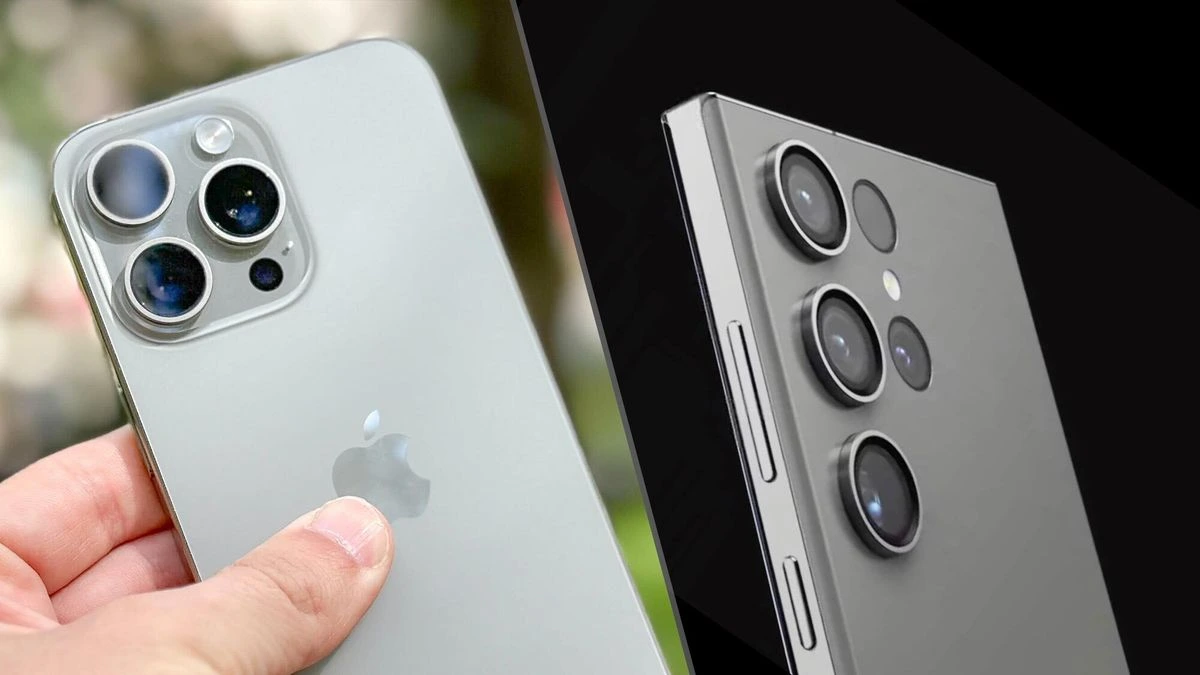Samsung
Samsung holds its position as the world’s largest semiconductor industry
Besides the Galaxy Smartphones, Samsung-manufactured Semiconductors were also praised by many out there and have gained plenty of admirers separately. Informatively, Samsung Semiconductors lends innovative solutions such as SSD, DRAM, Processors, and Image Sensors to the market. As per recent reports, Samsung Semiconductors is still the world’s largest semiconductor company despite seeing a 10.8% yearly decline.
As per Omdia’s analysis, the semiconductor market reached its all-time high in the year 2022, when the market gained a total revenue of $595.7B, which was just $592.8B in the year 2021. However, the Semiconductor market has declined in the four quarters but still managed to get more revenue than the last year. In 4Q22, the market has seen a 9% of QoQ decline, with a revenue of $132.4B, which is just 82% of 4Q21’s $161.1B revenue.
As for Samsung, in the year 2022, they have gained $67,055 in revenue, with a YoY decline of 10.8%. In the year 2021, Samsung’s revenue was $75,208, which is more than this year’s. Intel is in second place, behind Samsung, with $60,810 in revenue. Samsung’s native SoC provider (for flagships), Qualcomm, has secured third place here. Notably, the overall Semiconductor market has grown by 0.5% as compared to the last year, 2021.
DRAM Senior Principal Analyst Lino Jeng has stated the manner of the quarter 4th 2022’s decline, which is said to be the biggest decline in the current downturn. He said, “the fourth quarter of 2022; prices fell significantly due to suppliers’ attempts to expand sales to reduce excess inventory. Omdia expects this trend to continue in the first quarter of this year.”
Samsung
Samsung Unveild Innovative AI TV Technologies At Southeast Asia Tech Seminar

Samsung Electronics has unveiled its 2024 lineup at the Southeast Asia Tech Seminar in Bangkok on April 23–24. The new TVs feature AI-powered technologies that offer enhanced picture, sound, and customization.
Samsung’s Tech Seminar, which began in 2012, is designed to expose their latest technology and deliver exclusive product experiences. This coincides with their vision of “Screens Everywhere, Screens for All,” which suggests that they are promised to build innovative TVs with user-friendly features.
The recent 2024 Southeast Asia Tech Seminar in Bengkok follows a successful series kickoff in Frankfurt, Germany, this February, plus at this event and forthcoming seminars in regions; for instance, in Latin America, Samsung will introduce new TV and monitor technologies, as well as lifestyle products;
- Samsung’s 2024 Neo OLED 8K includes the latest NQ8 AI Gen 3 processor, which authorizes a vivid and more precise picture through its 512 neural networks—eight times as many as its predecessor—and it also offers features such as AI upscaling and motion improvement for the best Neo QLED 8K experience yet.
- The Music Frame is the latest lifestyle gadget that functions as a fram-shaped speaker. You can use it as a frame on the wall by inserting images into its replaceable photo frame.
- Samsung Knox, applied to Samsung TV, achieved a ‘Common Criteria’ certification, recognized by 31 countries this February as boosting TV security measures in terms of both software and hardware.
Regarding this, Yongjae Kim, the Executive Vice President of Visual Display Business at Samsung Electronics, stated that “We are not only showcasing the latest technologies that make our TVs stand out, but also our real efforts to better serve customers and our focus on protecting their information.”
Samsung
Samsung To Face Challenge: Meta Opens OS For Other XR Headset Makers

The Korean giant ‘Samsung’ is setting up to introduce its mixed-reality headset by the end of this year.
When the Korean brand launches its device, it might encounter fierce competition from brands like ASUS, Lenovo, and even Microsoft. Meta has now made a significant move by renaming the Android-based operating system of its Quest MR/VR headset to Horizon OS.
Meta has opened up the operating system to third-party brands, and now Horizon OS will be used on MR/VR headsets from ASUS ROG, Lenovo, and Microsoft. ASUS is introducing several performance gaming headsets, whereas Lenovo is developing a mixed-reality headset for entertainment, learning, and productivity. Conversely, Meta is collaborating with Microsoft to launch a Quest headset that draws inspiration from Xbox.
Meta is expanding its strategy by making a two-pronged approach to boost its VR application ecosystem: first, by asking Google to bring the huge library of the Play Store to their Horizon OS; and second, by making it easier for developers to build VR applications by boosting active applications from Quest App Lab and offering new tools for smartphone app developers.
Although Samsung has already declared that it is actively working on an XR device with Google and Qualcomm, It is expected to use a version of Android optimized for mixed-reality headsets and a Qualcomm processor from the Snapdragon XR series.
It is reported that it could feature the Snapdragon XR2+ Gen 2 processor, a 4nm chip with an octa-core CPU, and a powerful Adreno 740 GPU that can drive two 4.3k screens at 90Hz. It can also support at least up to 12 cameras at the same time. It features 5G, Wi-Fi, and Bluetooth 5.3 for wireless connectivity.
Samsung
Samsung Overcomes Apple As Korean Army Prohibits iPhone

Since the South Korean army is banning the use of Apple iPhones, Apple’s boat appears to be sinking.
Again, Samsung won the cold war with Apple since the South Korean army prohibited the iPhones, effective June 1, but Samsung’s Galaxy smartphones will be exempt from the ban.
Previously, the Chinese government banned the use of Apple iPhones in government offices, and now the report has revealed that the same approach is under consideration by the South Korean army. It has become known that the South Korean army is considering banning the Apple iPhone regarding some security issues.
It is reported that, starting from military headquarters, a potential comprehensive ban is possible to extend to all subordinate units. If the reports are to be believed, Korea’s Air Force headquarters internally announced a complete restriction on any device capable of voice recording applications that does not allow third-party applications to control foreign functions.
This new regulation will be effective June 1, with “iPhones” cited as items subject to the guidance. Android smartphones, especially the Samsung Galaxy, will be exempt from the ban. The document expressly states that “bringing in iPhones will be completely prohibited.”
In the scenario where the ban is extended to all subordinate units, it would surely affect almost 500,000 military personnel.
